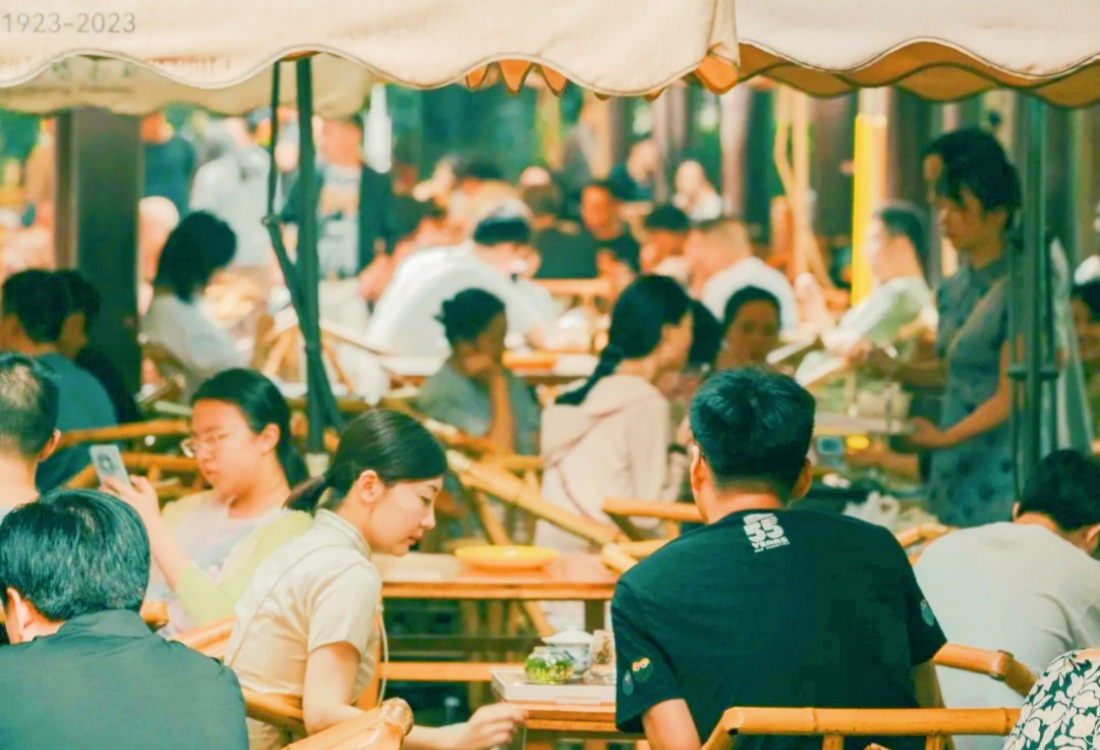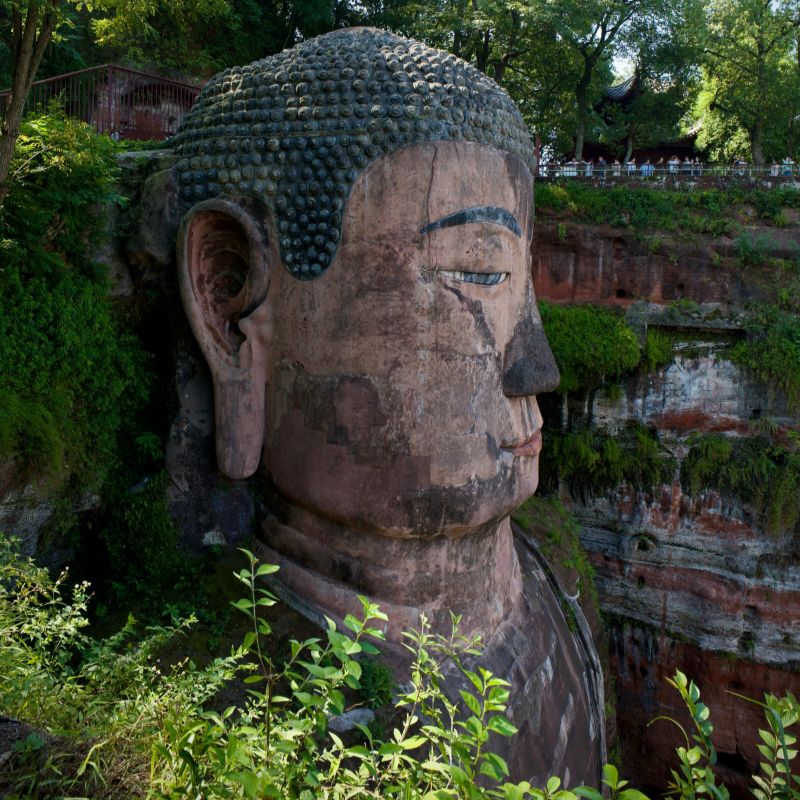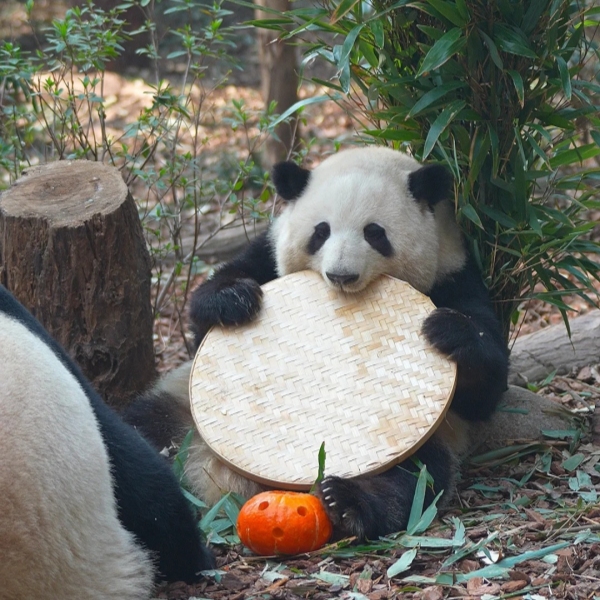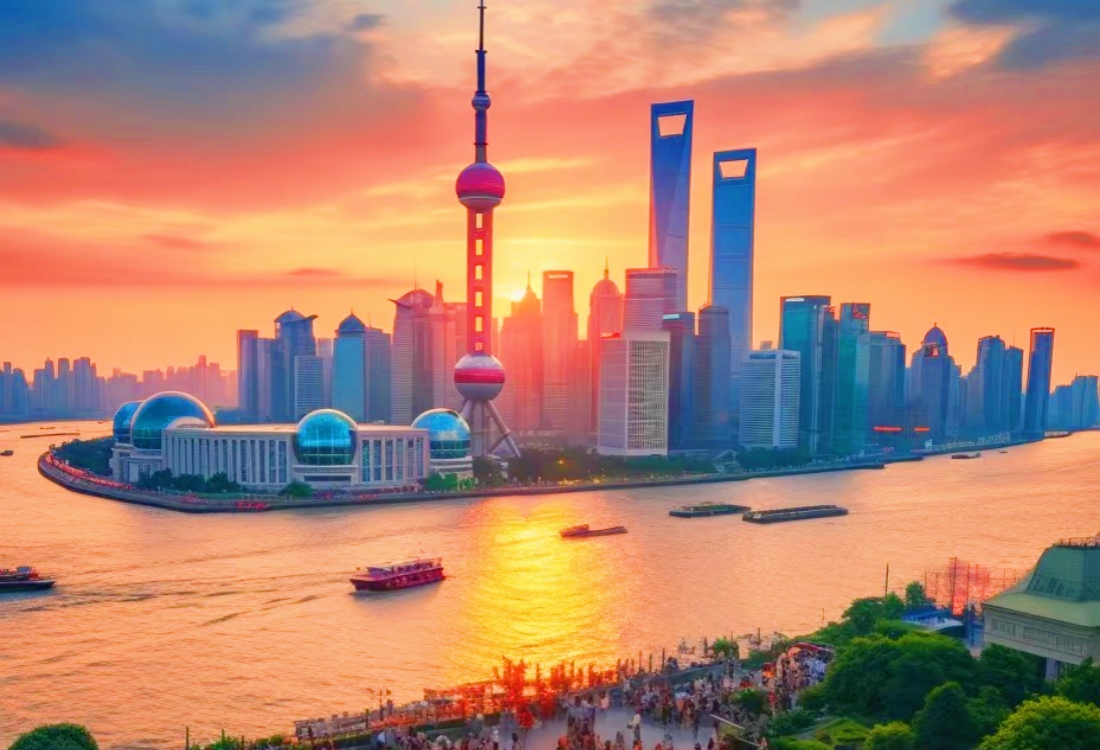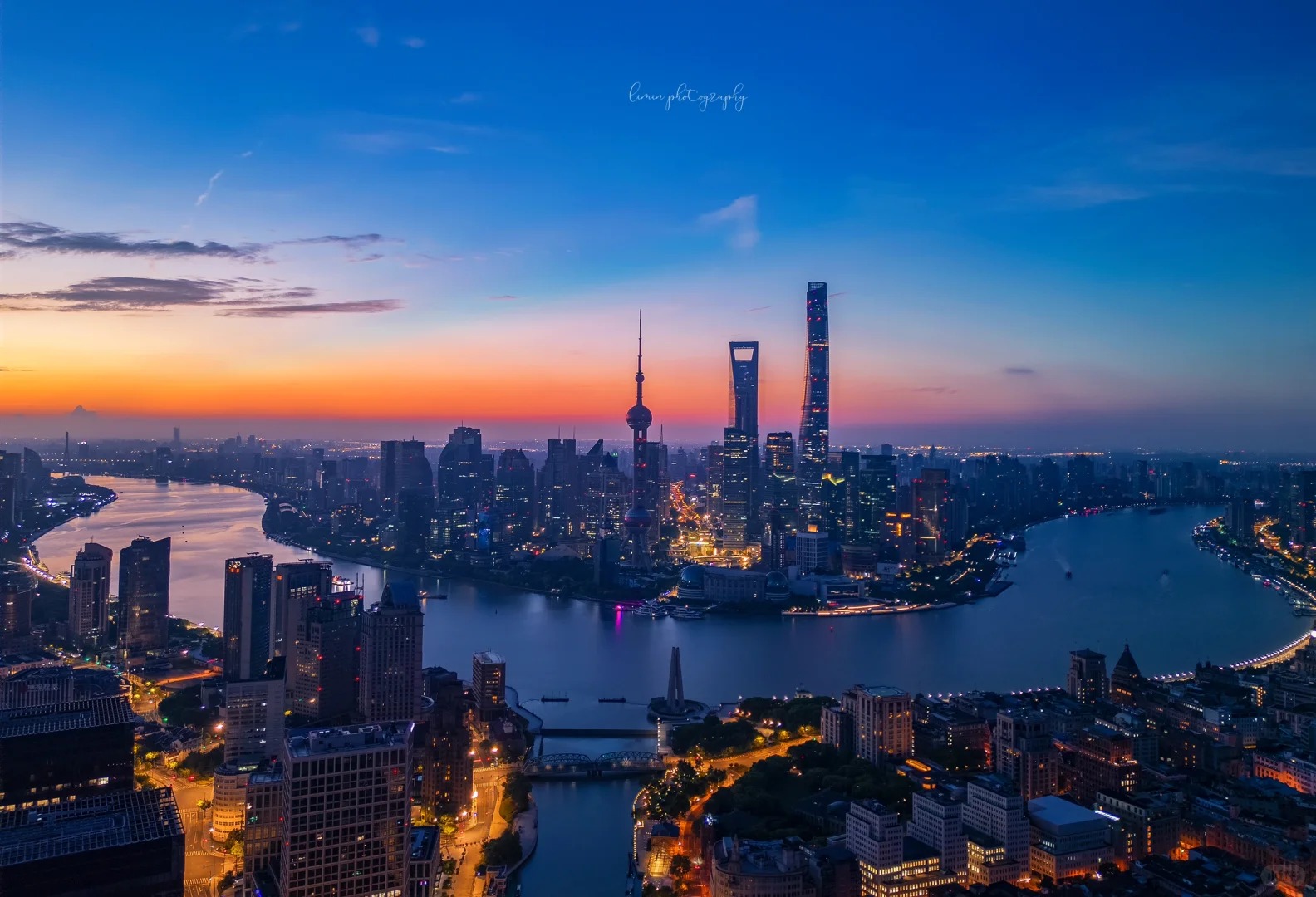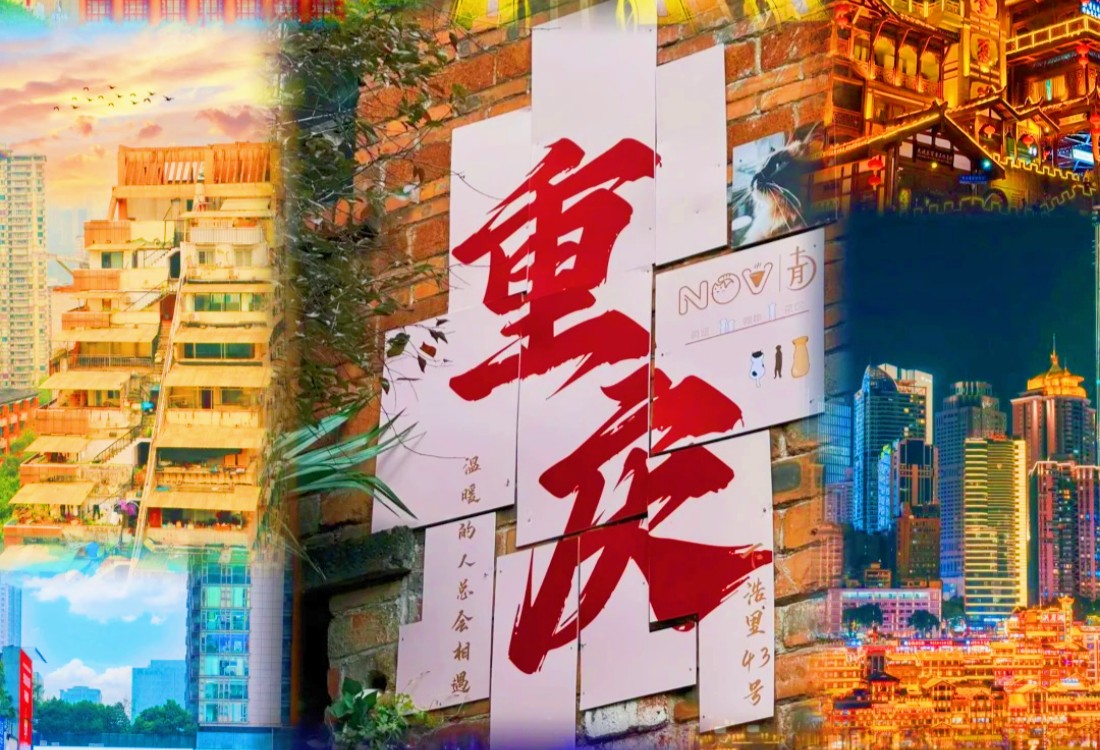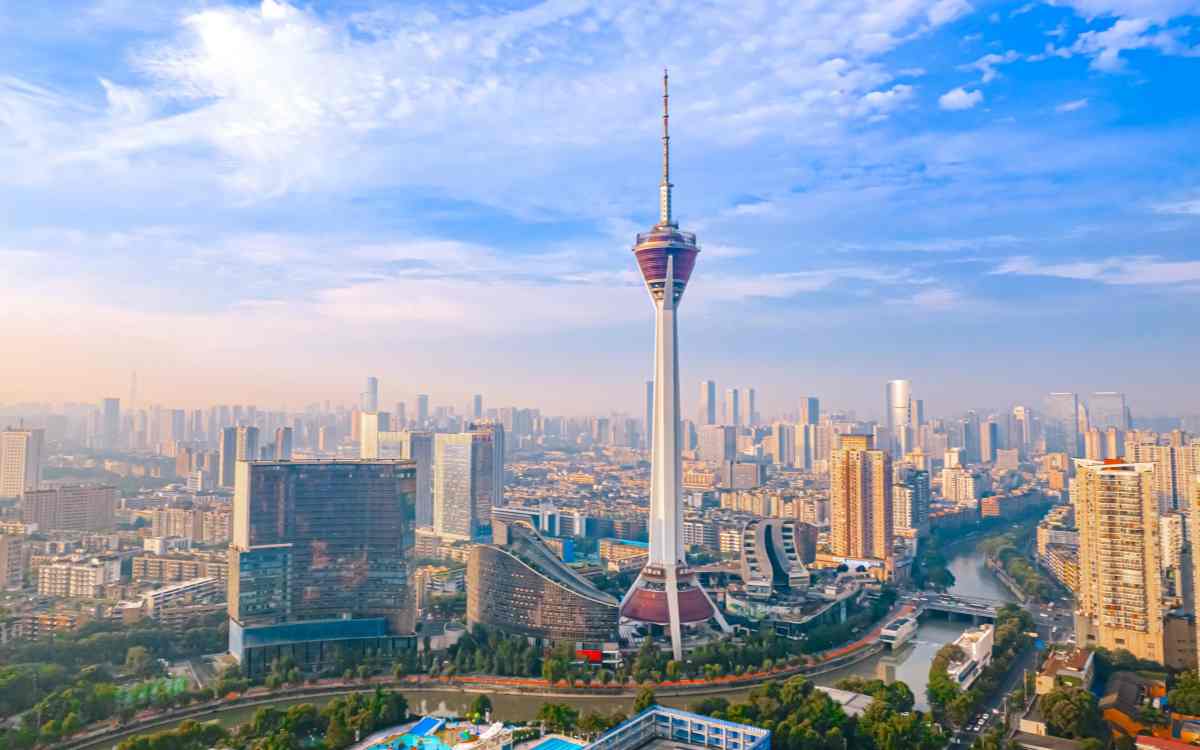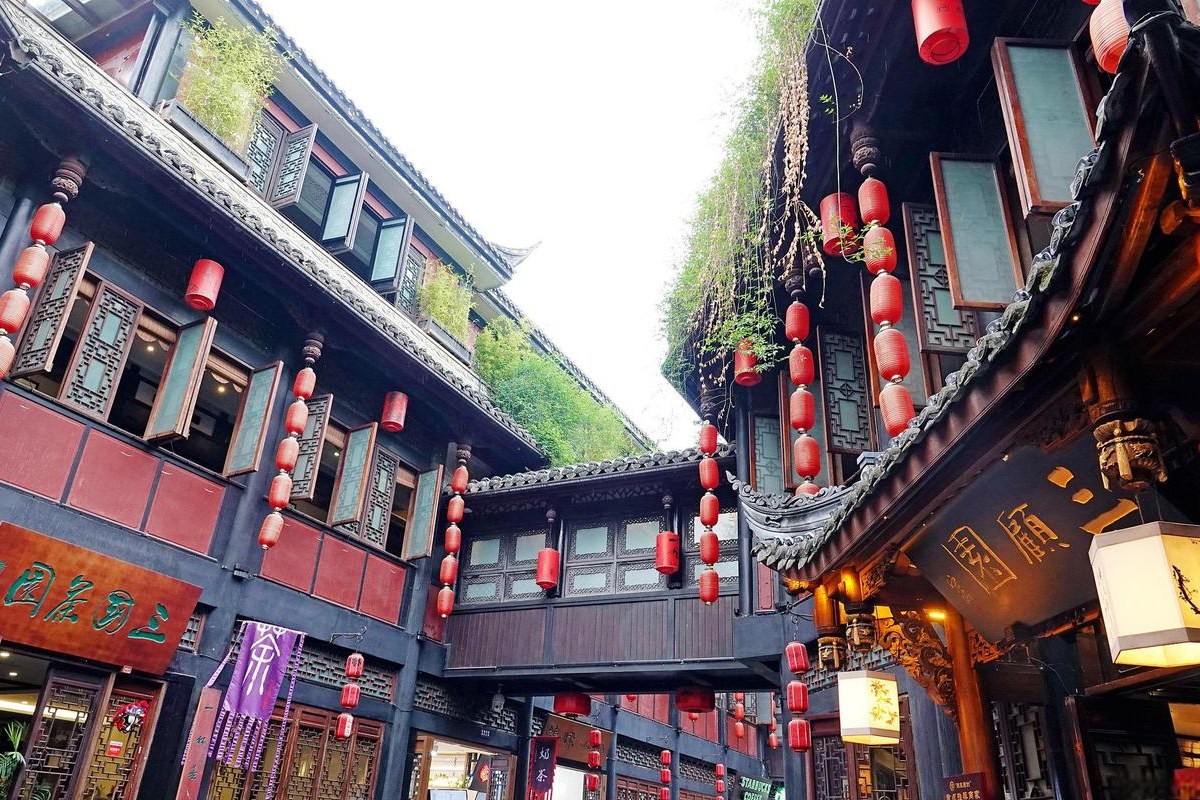Table of Contents
ToggleThe Origin of Tea Culture in Chengdu
Tea drinking in Chengdu dates back to the Tang Dynasty (618–907), when tea became a central element of daily life and social etiquette. It was during this era that Sichuan’s tea-making techniques were refined, and tea houses began to flourish across the city. Chengdu’s influence on the development of tea is deeply tied to the ancient Tea Horse Road, a vital trade route that linked Sichuan and Tibet, transporting tea in exchange for horses. This connection helped to spread Chengdu’s tea culture far beyond Sichuan.
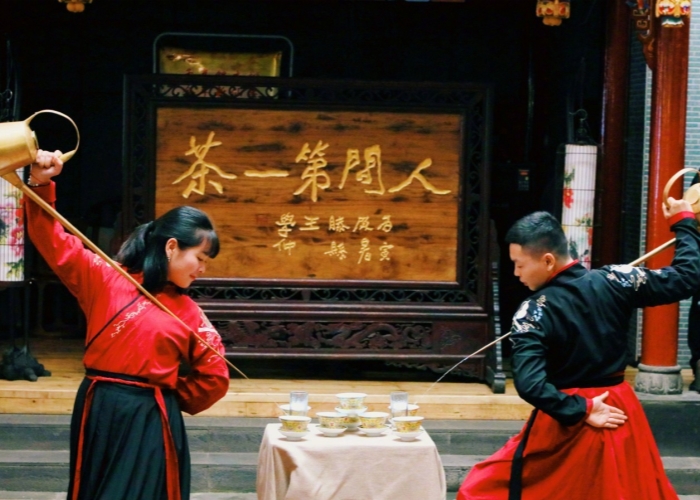
Tea Houses: The Heart of Chengdu’s Lifestyle
Unlike other cities in China, where tea might be reserved for special occasions, Chengdu made tea a daily ritual. The city is famous for its laid-back teahouse culture, where people gather not just to drink tea but to chat, play mahjong, listen to storytelling, or simply relax in bamboo chairs under shady trees. Traditional teahouses like Shunxing Old Teahouse and Heming Teahouse in People’s Park offer a glimpse into this quintessential Chengdu lifestyle. These teahouses reflect the soul of the city—slow-paced, social, and steeped in centuries of tradition.
Famous Sichuan Teas to Try in Chengdu
Chengdu and its surrounding areas are known for producing some of China’s most celebrated teas. Among them are:
- Mengding Mountain Tea: Grown in nearby Ya’an, this tea was once reserved for emperors and is considered one of the earliest cultivated teas in Chinese history.
- Zhuyeqing (Bamboo Leaf Green): A premium green tea with a fresh, mellow taste and vibrant green leaves, often served in Chengdu’s top teahouses.
- Emei Snow Bud Tea: Harvested from Mount Emei, this delicate tea is prized for its light floral aroma and smooth finish.
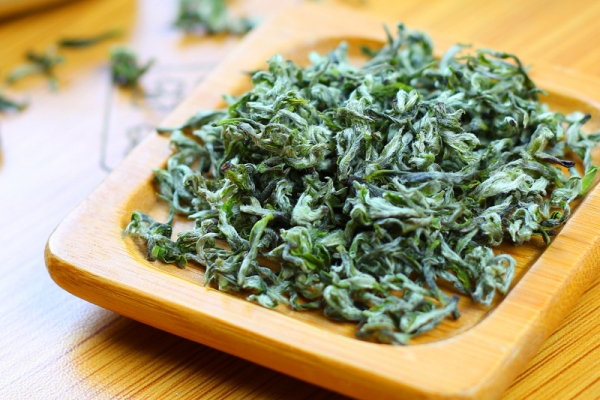
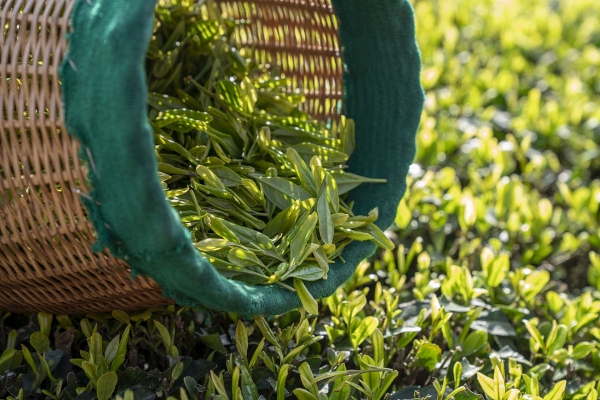
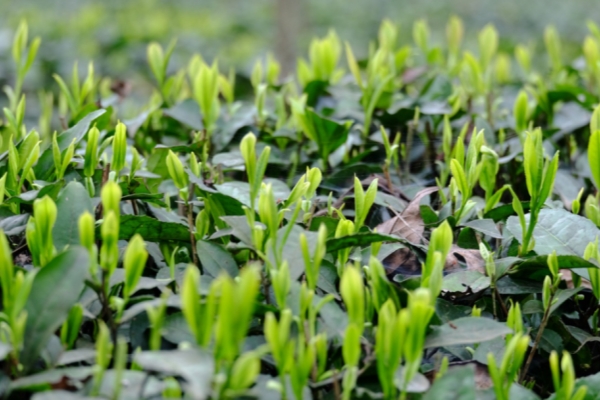
Cultural Experiences for Tea Lovers in Chengdu
Visitors to Chengdu can immerse themselves in tea culture through interactive experiences, such as:
- Traditional Tea Ceremonies: Participate in a Sichuan-style tea ceremony and learn about the artistry behind tea preparation and etiquette.
- Tea Museum Visits: The Sichuan Tea Museum offers insights into the region’s tea-growing history, processing methods, and cultural significance.
- Tea Picking Tours: In spring, you can visit tea plantations in the nearby mountains for a hands-on tea picking and tasting experience.
Why Chengdu Remains China’s Tea Capital
Chengdu isn’t just a place to drink tea—it’s where tea comes to life. The city’s enduring love affair with tea continues to influence both traditional and modern lifestyles. Even today, Chengdu’s teahouses remain bustling social hubs, proving that tea culture is not just a relic of the past, but a living, breathing part of Chengdu’s identity.
Sip the History of China in Chengdu
For travelers seeking to understand the roots of Chinese tea culture, Chengdu is the ultimate destination. With its ancient traditions, welcoming teahouses, and world-class teas, Chengdu offers an unforgettable journey through the leaves of history. Whether you’re a seasoned tea connoisseur or a curious traveller, sipping tea in Chengdu is one of the most authentic ways to experience Chinese culture.

